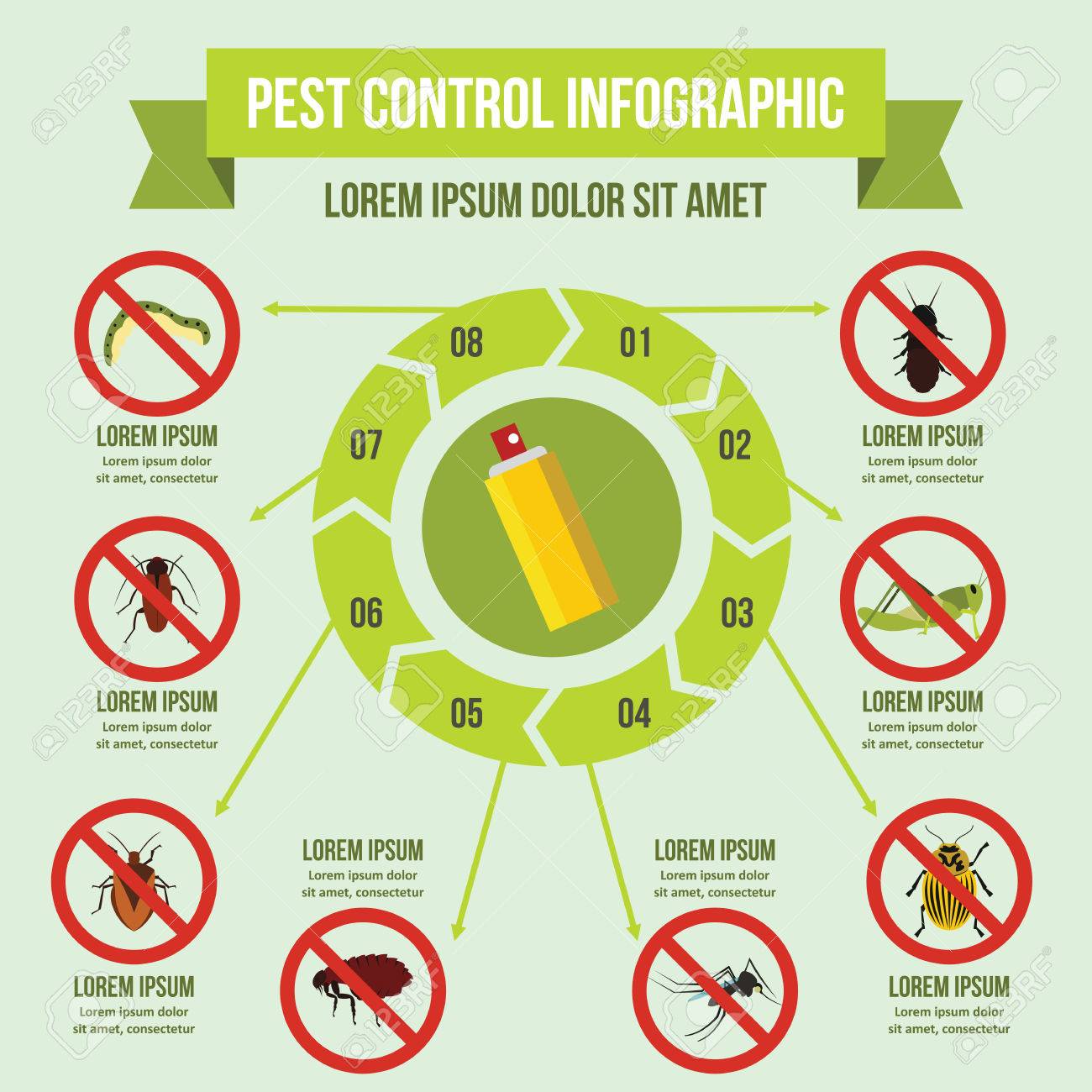Past The Spray: Checking Out Advanced Techniques Utilized By Pest Control Experts
Past The Spray: Checking Out Advanced Techniques Utilized By Pest Control Experts
Blog Article
Post Created By-Evans Carpenter
Are you tired of counting only on sprays to deal with bugs in your home or office? While sprays can work, pest control specialists have created innovative strategies that surpass just spraying chemicals.
These strategies not only give much more reliable and lasting remedies, but additionally concentrate on minimizing making use of damaging pesticides. By exploring these innovative methods, you will certainly find an entire new world of insect control approaches that are not just effective, however likewise eco-friendly.
So, are you all set to take your insect control video game to the following level?
Integrated Pest Monitoring (IPM)
If you're seeking an effective and environmentally-friendly technique to pest control, Integrated Insect Monitoring (IPM) is the service you require. IPM concentrates on long-lasting avoidance and management of bugs, rather than just depending on chemicals. This approach takes into consideration the certain needs and habits of pests, along with the surrounding setting.
By using a combination of techniques such as biological control, environment manipulation, and targeted pesticide usage, IPM intends to decrease the dependence on chemical treatments and minimize damage to non-target organisms.
One vital facet of IPM is monitoring and determining bugs accurately. This involves frequently evaluating and evaluating the pest population, in addition to identifying the certain varieties existing. By recognizing the biology and habits of insects, parasite control specialists can create targeted techniques to disrupt their life cycle and minimize their numbers.
honey bee removal near me of IPM is utilizing non-chemical control approaches whenever possible. This can consist of physical barriers, such as installing displays or securing cracks and openings, to prevent bugs from getting in buildings. Additionally, you can look here , like appropriate hygiene and waste management, can help remove insect food sources and reproducing grounds.
When pesticides are needed, IPM focuses on utilizing them sensibly and as a last hope. This suggests picking the least harmful and most efficient choice, using it exactly and only to impacted locations, and complying with all safety and security standards. By reducing pesticide use, IPM decreases the prospective dangers to human health and the setting.
Biological Control
To even more enhance the efficiency of Integrated Parasite Management (IPM), the following subtopic we'll discover is the approach of biological control. This method uses natural killers or bloodsuckers to control pests.
Here are four key elements of biological control:.
1. Introduction of natural opponents: In this approach, useful bugs or microorganisms are presented to the area ravaged with pests. These natural enemies exploit the insects, helping to decrease their population.
2. Preservation of all-natural adversaries: As opposed to introducing brand-new organisms, this strategy focuses on creating an ideal atmosphere for existing beneficial insects. This can be accomplished through giving food, sanctuary, and water sources.
3. Enhancement: Here, the number of all-natural adversaries is increased synthetically by reproducing and launching them right into the plagued location. This helps to swiftly decrease the pest population.
4. Push-pull technique: This strategy integrates repellents and attractants to adjust the actions of parasites. Repellents press insects far from crops, while attractants tempt them towards trap crops or locations where they can be quickly regulated.
Habitat Alteration
Environment alteration plays a crucial duty in bug control by changing the environment to discourage parasite infestations. By making changes to the physical attributes of a space, you can develop an unwelcoming setting for bugs, making it harder for them to endure and prosper.
One typical method of environment adjustment is getting rid of or reducing prospective food resources for bugs. This can include appropriate waste management, securing containers, and cleaning up food crumbs.
Furthermore, getting rid of or lowering areas of standing water can assist control insects like mosquitoes.
Altering the landscape by cutting trees and shrubs away from buildings can also avoid pests from accessing your residential property.
Conclusion.
So there you have it - the advanced techniques utilized by insect control specialists exceed simply splashing chemicals. Integrated Pest Administration (IPM) combines numerous methods to successfully manage insects, while organic control utilizes all-natural adversaries to maintain parasite populaces in check.
Environment adjustment additionally plays a vital role in stopping parasite invasions.
Did you recognize that according to a research study, implementing IPM strategies reduced pesticide use by an average of 71%? This not only protects our wellness and the environment yet likewise saves money in the long run.
